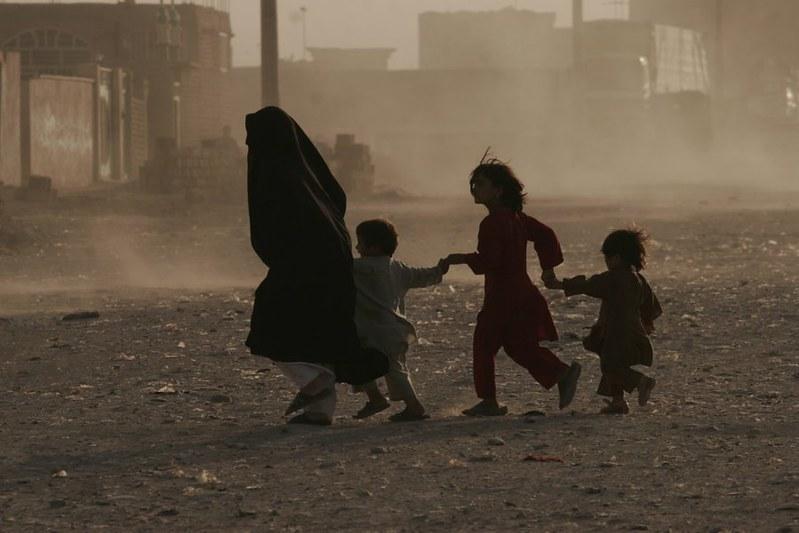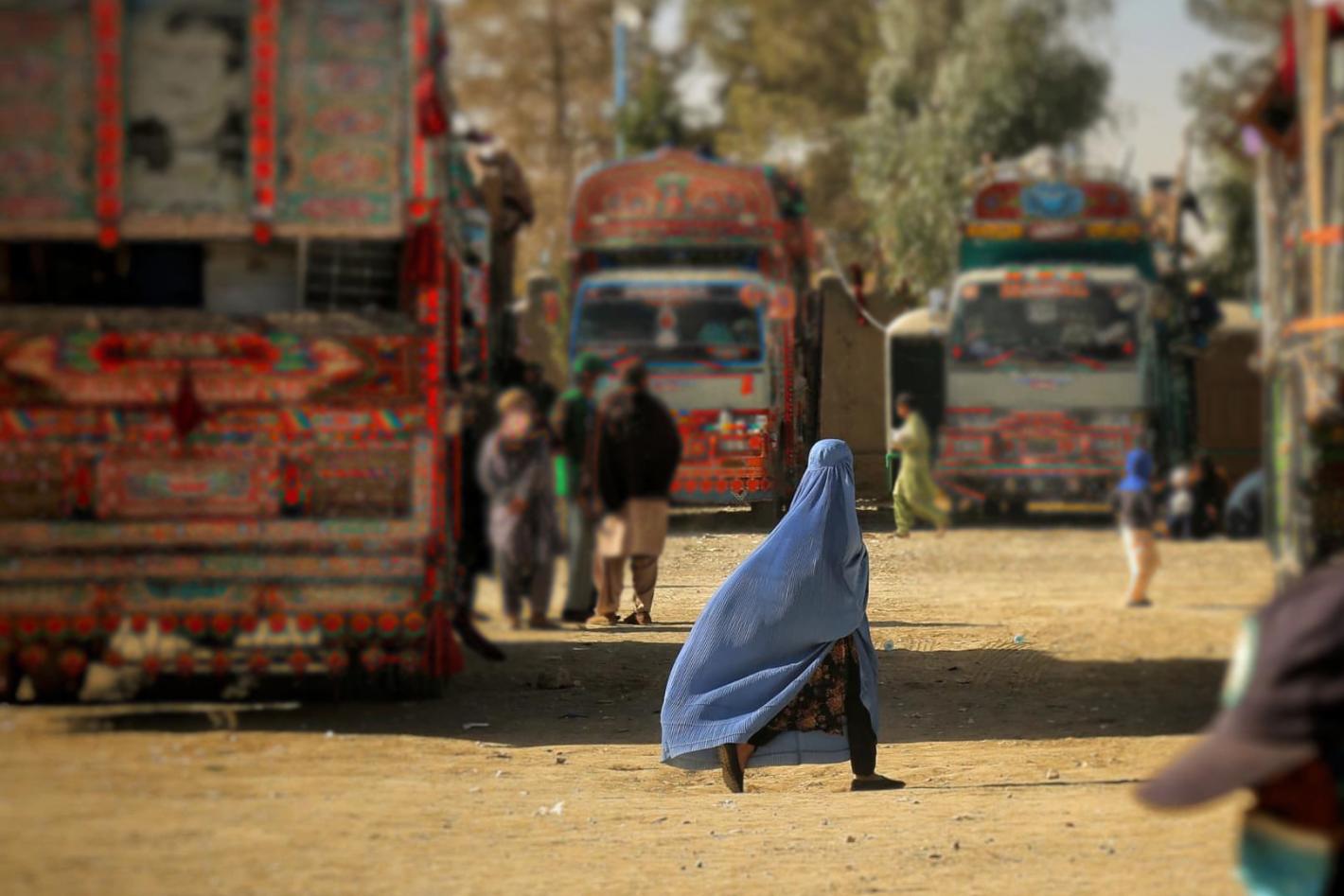KABUL - The United Nations Assistance Mission in Afghanistan (UNAMA) today called on all sides of Afghanistan’s conflict to minimize the impact of fighting on civilians. Full Report - Press release: English - Dari - Pashto
New statistics released by the UN Mission showed 2009 proved to be the deadliest year yet for civilians, since the fall of the Taliban regime in 2001.
However, 2009 saw a reduction in the number of civilian casualties caused by pro-Government forces.
In its latest report, the UN Mission recorded 2,412 civilian casualties during 2009, which represents an increase of 14 per cent from 2008, when 2,118 civilian deaths were recorded.
Norah Niland, UNAMA’s Chief Human Rights Officer, indicated: “Civilian deaths caused by the armed opposition increased by 41 per cent between 2008 and 2009 from 1,160 to 1,630.”
Ms Niland specified: “Suicide attacks and improvised explosive devices caused more civilian casualties than any other tactic killing 1,054 civilians last year. Civilians are also being deliberately assassinated, abducted and executed if they are perceived as being associated with the Government or the international community.”
The report points at anti-Government elements as being responsible for the largest proportion of civilian deaths, killing three times as many civilians as pro-Government forces.
Ms Niland is adamant: “It is vital that determined efforts are now made by the insurgency to put into effect the Taliban “Code of Conduct” that calls on them to protect the lives of civilians.”
The findings of UNAMA’s human rights team also indicate that 2009 saw a reduction of 28 per cent compared with 2008 in the number of civilian casualties caused by pro-Government forces.
This decrease reflects measures taken by international military forces to reduce the risk posed by military operations on the civilian population.
In his quarterly report to the United Nations on Afghanistan, released at the beginning of January, Secretary-General Ban Ki-moon said: “The increased reliance of anti-Government elements on improvised explosive device attacks has demonstrated an apparent disregard for the loss of civilian life. However, it is encouraging to see that certain positive steps have continued to be taken by the Government and its international military partners to reduce the impact of military operations on the civilian population.”
Norah Niland deplores that despite positive trends, actions by pro-Government forces continued to take an adverse toll on civilians.
She said: “We recorded 359 civilians killed during aerial attacks, which constitute 61 per cent of the number of civilian deaths attributed to pro-Government forces. International and Afghan security forces also conducted a large number of search and seizure operations. These often involved excessive use of force, destruction of property and cultural insensitivity, particularly toward women.”
The UN Mission also expressed concern on the location of military bases that are situated within, or close to, areas where civilians are concentrated, saying that such bases increased the risks faced by civilians.
Ms Niland underlined that all parties to the conflict have an obligation to avoid locating military assets, including personnel, in areas that put civilians at risk.
Ms Niland insists: “2009 has proven to be the worst year since the fall of the Taliban regime for civilians caught up in the armed conflict. The conflict has intensified and spread into areas that were previously considered safe.
“Ensuring the safety and welfare of the civilian population must come first. Anti-Government elements must realize that they too have obligations under international law while pro-Government forces must step up efforts to ensure that every measure is taken to protect civilians during the conduct of military operations. The United Nations calls for international law to be respected to minimize the impact of the conflict on civilians as we begin 2010.”
To this effect, UNAMA human rights officers undertake a range of activities aimed at minimizing the impact of the conflict on civilians; this includes independent and impartial monitoring of incidents involving loss of life or injury to civilians and analysis of trends to identify the circumstances in which loss of life occurs.
On the last day of 2009 the Special Representative for Afghanistan Kai Eide issued a statement in response to an incident in Kunar where he appealed to all armed actors “to make every effort to minimize harm to civilians and want to underline the importance of taking all precautionary measures to distinguish between civilians and combatants. Greater efforts must be made to reverse current trends so that civilians are spared the worst effects of armed conflict in the coming year.”
By Henri Burgard, UNAMA
Download: Annual Report on Protection of Civilians in Armed Conflict – 2009
Download: Executive Summary Dari - Pashto
Website: Office of the High Commissioner for Human Rights
Download: Mid Year Bulletin on Protection of Civilians in Armed Conflict – 31 July 2009
Download: Annual Report on Protection of Civilians in Armed Conflict – 2008






